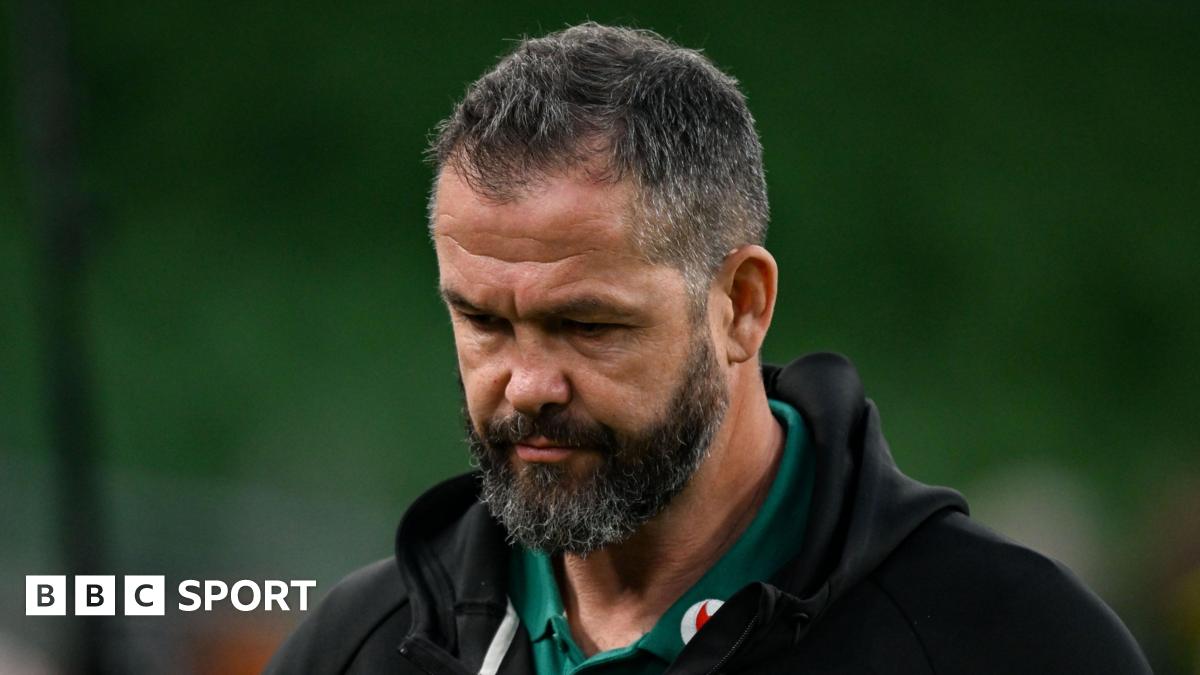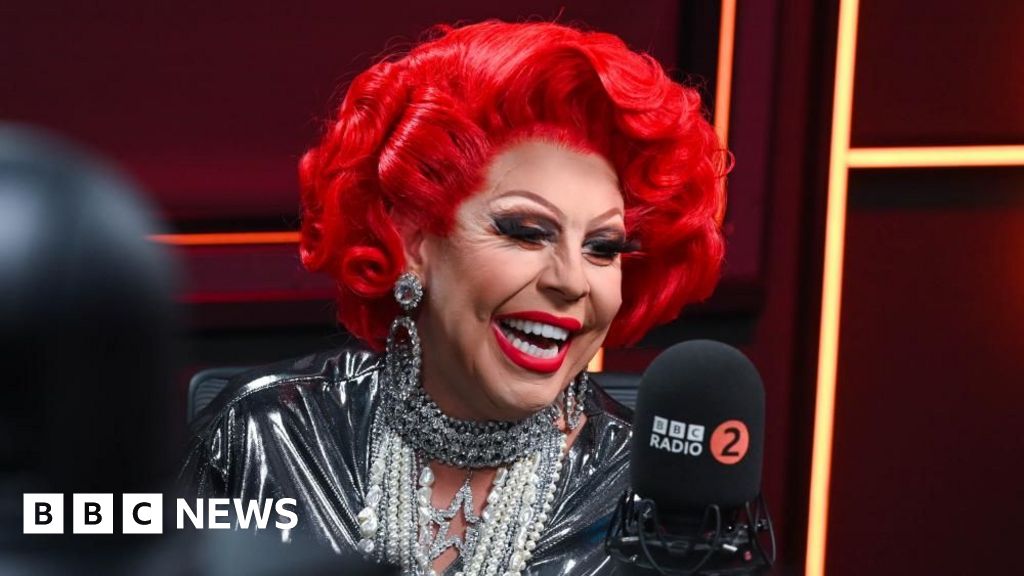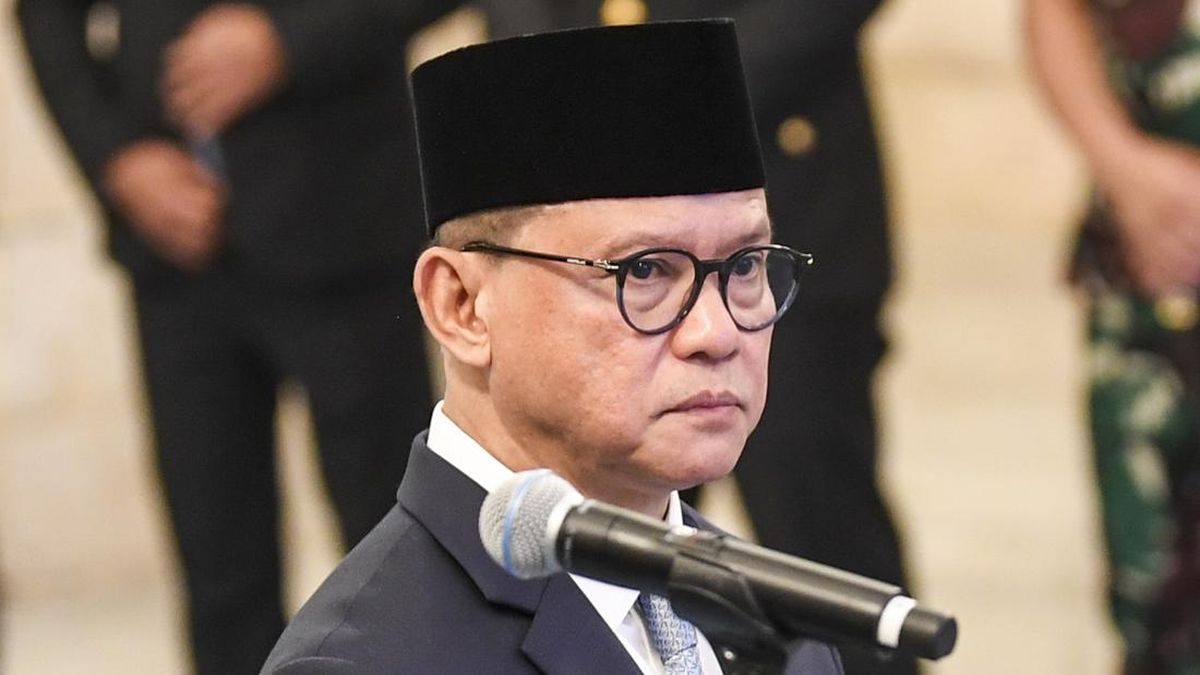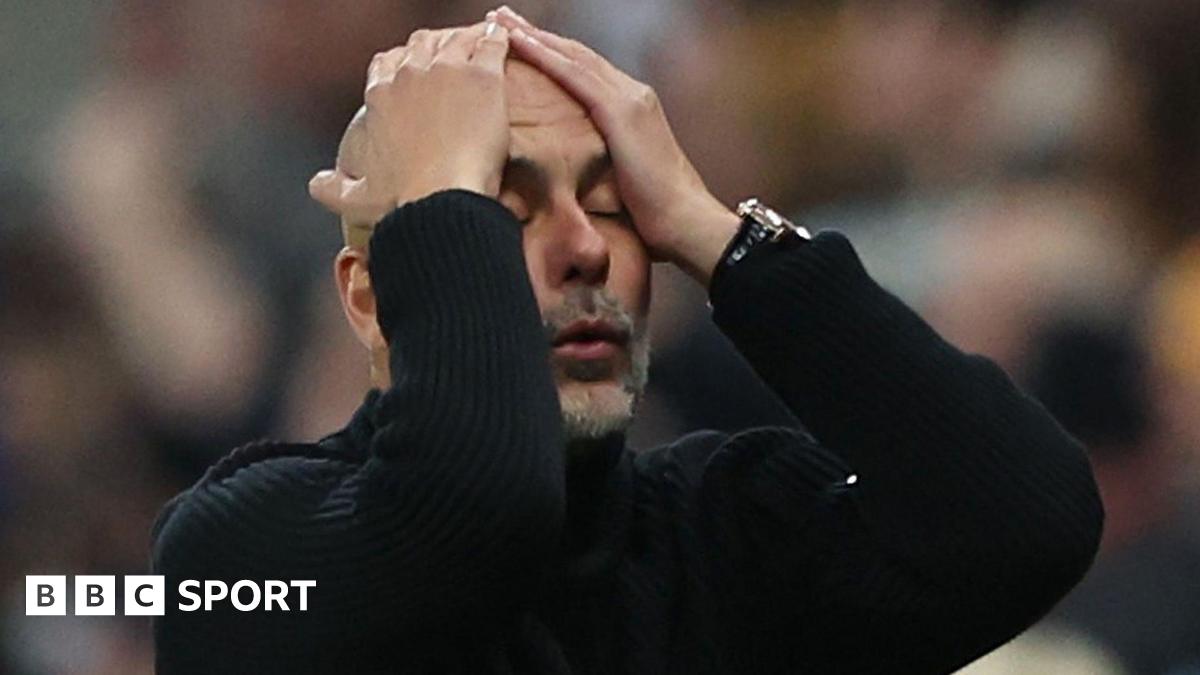The CBD’s fragile post-pandemic recovery is under threat from the state government’s plan to enshrine a legal right to work from home, business groups claim, arguing it would derail efforts to revitalise Melbourne’s economy.
The city’s office vacancy rate remains the highest in the country, though a new Property Council report shows it is stabilising with a slight decrease in empty CBD offices since January.

The property industry has lashed the state government’s plan to mandate working-from-home rights.Credit: Paul Jeffers
But there is now widespread fear among the property industry and business groups that Premier Jacinta Allan’s plan to give all workers the right to work from home two days a week will reverse the recovery of Melbourne’s CBD.
In a message to members on Wednesday, the Property Council’s national chief executive, Mike Zorbas, was even more strident in his opposition to the new policy, branding it a “stunt” designed to distract from the government’s mounting debt.
“If only the Victorian premier spent half as much time cracking down on the actual criminals crawling all over Victorian government worksites,” he said.
“If only Treasurer [Jim] Chalmers would lend out the Productivity Commission so it could improve the Victorian cabinet.”
The number of empty offices in Victoria had been increasing since March 2020 before hitting about 18 per cent in 2024. It has remained relatively steady since.
Melbourne has the strongest supply pipeline nationally, with more than 300,000 square metres of new office space planned between 2025 and 2027, with major new projects including 800 Collins, 7 Spencer and 435 Bourke streets.
Property Council Victoria chief executive Cath Evans said the work-from-home plan was deeply concerning and risked undermining confidence not just in the office sector, but to the broader pipeline of private investment.
Loading
“Flexibility is and will remain core to many workplaces. But decisions about working arrangements should remain a matter between employers and their teams – not mandated by government,” she said.
“The reality is that investment to drive jobs, upgrade our office assets and keep our city vibrant will be deterred from Melbourne if this latest policy comes into effect.
“We now need the Victorian government to meet us at the table when it comes to decisions that will mould our CBD and keep us open for business on a global scale.”
In stark contrast to business groups, the plan has been welcomed by unions and backed by Australian Council of Trade Unions president Michele O’Neil.
The Finance Sector Union said it strongly supported the government’s plan because it was an entitlement that allowed many workers to balance work, family and their life outside of work.
“Yet, for those workers without strong enterprise agreements, they have no right to flexibility,” the union said.
Retail leasing expert Zelman Ainsworth said vacancy rates had been dropping as more people came back into the CBD – whether for work or entertainment – boosting retail confidence.
“If anything were to distract from driving more people into the city, it’s not going to contribute to this continued improvement we’re now benefiting from,” he said.
Josh Rutman, head of capital markets at JLL, said a working-from-home mandate would not have a direct dampening effect on the office leasing market.
Loading
“If your peak day as a business is a Wednesday, and you need all the space you’ve taken out over the lease, then that won’t change on a Friday regardless of how many go into the office,” he said.
Melbourne Lord Mayor Nick Reece - who has previously urged the government to send workers back to the office – said on Wednesday flexible work arrangements were here to stay. But he also said there was an issue of fairness for the whole workforce.
“Police officers, nurses, teachers turn up to work each day, they have to do their job. Allowing public servants and pollies to work from home doesn’t seem fair to me,” he said.
“Melbourne is at its best when it’s full of people, and I think workplaces are at their best when they’re full of people as well.”
On Tuesday, West Australian Premier Roger Cook told reporters he did not have any plans to follow Victoria’s lead, saying extended lockdowns in Victoria had created different attitudes to working from home.
“We know that in Victoria, there’s a much bigger culture in relation to working from home because that was a fact of their life during COVID; it didn’t become a fact of life for Western Australian workers,” he said.
Start the day with a summary of the day’s most important and interesting stories, analysis and insights. Sign up for our Morning Edition newsletter.
Most Viewed in National
Loading


















































